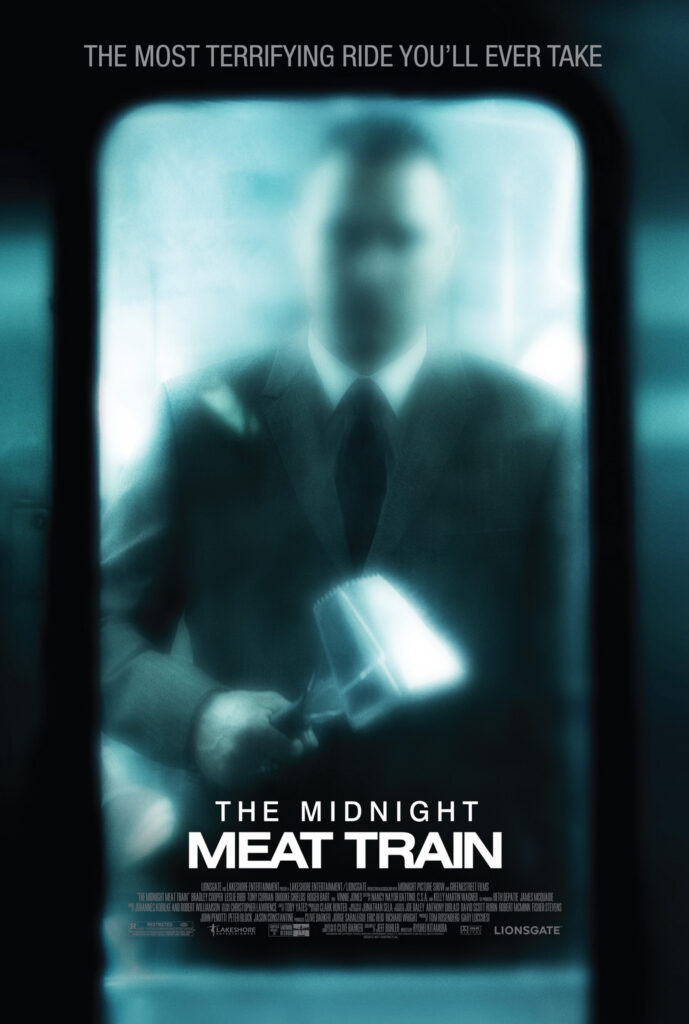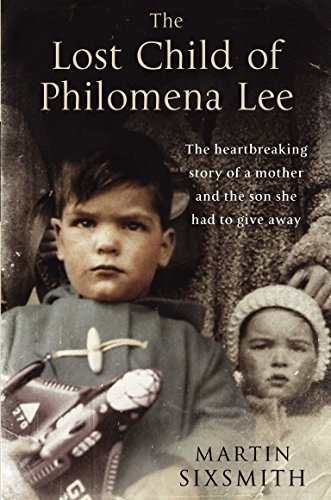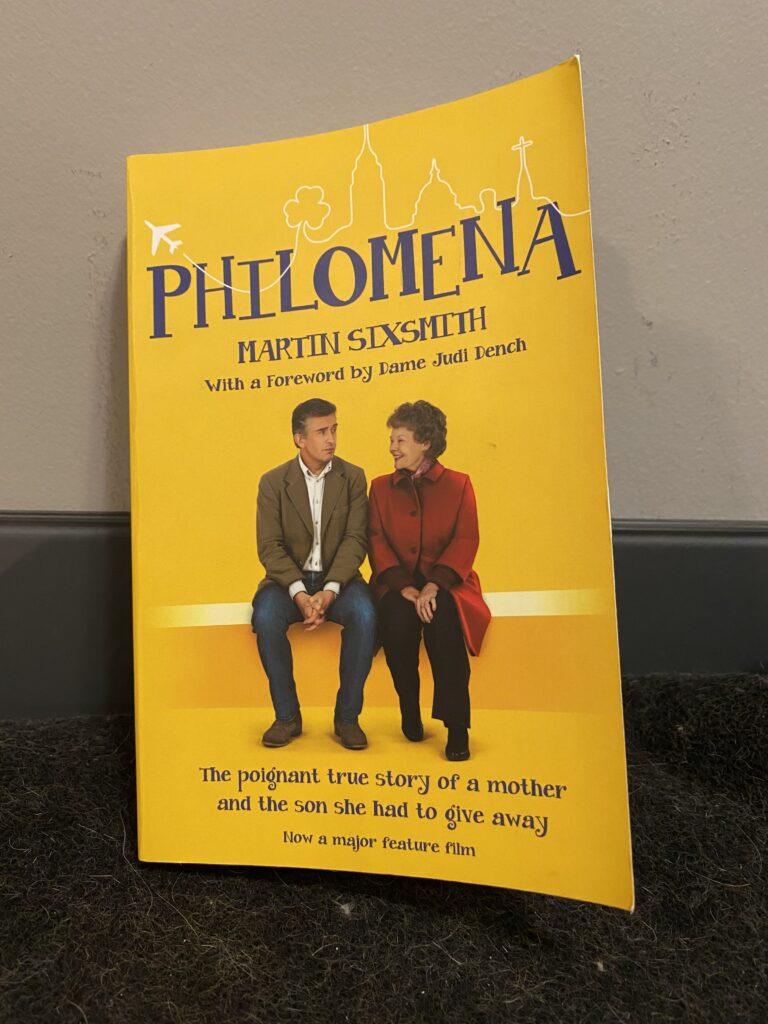Although my original intention was to dedicate one blog post to each book on my reading list this year, looking at the calendar tells me that will not be an option. With the number of books I have left to write about, in addition to all of the other blog posts I have planned over the next few weeks, it’s clear that it’s time for me to start doubling up. Both books in todays post have inspired movies, yet neither one of these is being used to cross off “a book that a movie or show was based on”. That being said, the film adaptations of both of these stories did significantly influence my reading.


A book about a true crime: “The Midnight Meat Train” by Clive Barker
Okay, this book is not at all a true crime story, but I can explain. First of all, I don’t read true crime. I read the occasional novel about fictional crimes, but that’s it. Sometimes, I’ll watch a true crime documentary if the premise intrigues me enough, but I’d rather watch fictional television and film inspired by true crime. Like Only Murders in the Building (2021) or Sinister (2012). Well, that’s quite a wide range between a comedy show and a horror film, but you get the idea. And honestly, I don’t know why I never got hooked on true crime – I certainly tried – but it’s just not my thing.
So, I was all set to pick up one of the unread crime novels on my self, since my main goal with my reading list this year is to focus on books that have been sitting unopened for far too long. But then I heard about “The Midnight Meat Train.”
It started with me browsing the free titles on Plex, flagging any horror films that looked half interesting. Then, as a result of all of the online learning I’ve been doing, I got to sit in on a webinar about cosmic horror. As the speaker was talking about different books and movies to check out, the title “The Midnight Meat Train” stuck out. And I realized I had added the movie to my watchlist on Plex. Although the speaker spoiled the twist ending, I loved the premise of the story and was determined to read the story and watch the movie in the same day. Mission accomplished.
But how does this fit in to the true crime category if it’s cosmic horror? Well, until you reach the twist at the ending, this story could be just a regular old crime story. There is a constant shift in perspective between the protagonist Leon Kaufman and the butcher Mahogany, similar to what you would expect from a fast paced crime thriller. It’s the ending that thrusts this short story into the depths of cosmic horror.
Going into this, I already knew about the twist, so it didn’t surprise me at all. However, because I knew exactly what was going to happen, that increased the tension for me because I couldn’t wait to see how the story got to that horrific climax. And boy, was that scene good. It delivered everything I expected to get out of a cosmic horror story of this nature, right down to the unspeakable abomination at the heart of the action.
The movie was fun to watch. Released in 2008, it is clearly a product of it’s time. The style of filming and the blueish filter reminded me of other horror films of the era like Pulse (2006), The Ring (2002), and The Grudge (2004). Interesting that the films that came to mind are remakes of Japanese horror films, and The Midnight Meat Train was directed by a Japanese director, Ryûhei Kitamura. Coincidence? Who knows? Maybe Hollywood was relying much more on international inspiration back then.
Although there were certainly aspects of the film that could have been improved, overall I enjoyed it. The CGI used for some of the graphic gore was laughably fake, but there were still a number of moments that impressed me, which made up for it. My favourite example is the fact that not only did Vinnie Jones not speak until the end of the film, just like Mahogany in the short story, but his lips didn’t even part. If we’re to assume that he went through the same ordeal that Leon eventually has to face, then it makes perfect sense that he would not want to open his mouth at all.
In comparison to the short story, the film adaptation delivered in terms of the descent into madness that is a common trope in cosmic horror. There really wasn’t any of this in the short story at all. However, the story did a much better job on the final twist. When I reached that part in the film, I was waiting for the big eldritch abomination from the short story but never got it. That was my main complaint.
Still, both the short story and the movie were right up my alley. I am so glad I chose to read Clive Barker’s work instead of a true crime novel.


A book about the Past: The Lost Child of Philomena Lee aka Philomena by Martin Sixsmith
For this one, I watched the movie first when it came to theatres and bought the book within a week. And then promptly left it unattended and unread on my bookshelf for a few years. I guess I enjoyed the movie so much I was waiting for the “right moment” to crack open the book. At least, that’s what I tell myself.
I chose this as my book about the past because although the story revolves around the life of one individual, so much of what Michael Hess, nee Anthony Lee, lived through is the stuff of history. What first came to mind when thinking about this book in terms of a window to the past were the circumstances that separated Philomena Lee from her son. When the graves of Indigenous children were uncovered here in Canada, I noticed a trend on TikTok where the Irish were standing in solidarity because they had experienced similar circumstances. It seems the Catholic church has an unhealthy habit of forcibly taking children away from their mothers.
In part one of the book, in between Philomena’s horrific experiences as Roscrea Abby, Sixsmith shows what was occurring on the political side of this issue in the 1950s. Women who became pregnant out of wedlock were sent to live in servitude, little more than slaves to the nuns, where they were forced to raise and care for their illegitimate children. Then, the nuns would take the children and sell them to American couples looking to adopt. Even though measures were slowly put in place to prevent this from happening, Philomena Lee was still one of the unlucky ones who was forced to give up her three year old son for adoption.
From there, the novel follows the life of Michael Hess. Between coming to terms with his homosexuality in the 60s and 70s, and his impressive political career in Washington D.C., this is a man who certainly lived a remarkable life. But the situation surrounding his adoption was not the only major historical event he experienced. Michael, like many gay men in the 80s and 90s, fell victim to the AIDS crisis. Since I had seen the movie before reading the book, I knew exactly what happened to him, but I still cried throughout most of part four of the book.
Now, I thought I knew what kind of book I would be reading based on the film, but that was not at all the case. The film Philomena (2013) focuses on the relationship between Philomena Lee and journalist Martin Sixsmith as they look for her son. All of that was contained to the epilogue of the book. That’s it. Whereas the movie is about the mother, the book in about the son. The titles are a dead giveaway for this.
The version of the book I have was released around the same time as the film, so the title is simply Philomena to match the movie. However, the original title of the book is The Lost Child of Philomena Lee. Based on that alone, it’s evident that the book is all about this lost child, compared to the film which is all about Philomena. I like that because then we get a chance to hear both of their stories together. I got a chance to fall in love with Philomena Lee thanks to the movie, and I had that chance with her son thanks to the book. For that reason, I would suggest that you read the book and watch the movie if you’re interesting in hearing their story.



